Last week’s tragic murder of two journalists in Virginia sent shock waves through the journalism community all over the world. And it made me shudder.
You see, I have wanted to be a journalist since I first found out about the profession during Career Day as a sixth grader at F.C. Martin Elementary School in Richmond Heights. So, no one was surprised when I wound up as a reporter at the now-defunct State Times in Baton Rouge, or as day city editor at The Detroit News, or deputy business editor at The Poughkeepsie Journal or as Washington Bureau Chief for The Detroit News. Nor were they amazed when I became the first black and the first woman to head a global press freedom organization.
As former executive director of the International Press Institute in Vienna, Austria, my email inbox and Facebook pages were lit up with messages about the murder of WDBJ-TV reporter Alison Parker and cameraman Adam Ward.
Every month, somewhere in the world, a journalist is murdered in the line of duty. So far this year, 40 journalists have died, according to the New York-based Committee to Protect Journalists (CPJ). That number on Wednesday rose to 42.
What makes the murder of Alison and Adam so shocking is that rarely are journalists murdered in the United States. In fact, only six journalists have been killed on U.S. soil because of their work in the last 23 years; two other journalists were killed as, it seems, the result of random violence. And still other American journalists have been killed while on assignment overseas, including the very notable and shocking beheadings of Daniel Pearl in February 2002 and James Foley and Steven Sotloff last year.
Before Alison and Adam, the last time a journalist was murdered in America was on August 2, 2007 when a masked gunman approached Chauncey Bailey, editor-in-chief of the Oakland Post and four other weeklies, while he was on his way to work. Three men from Your Black Muslim Bakery were accused of the murder; all were eventually found guilty and two were sentenced to life in prison without parole while a third, who testified against the other two, was sentenced to 25 years. The attack on Bailey stemmed from his paper’s investigation of the bakery’s financial problems and alleged criminal activity.
Chauncey and I worked together briefly at The Detroit News. I didn’t know him well then and what sticks most in my mind about him were his tenacity as an investigative journalist and the fact that he was engaged in a newsroom brawl one afternoon after deadline with a younger reporter.
According to a report by CPJ, most journalists killed in the United States between 1980 and 1993 were from ethnic media. CPJ says that 10 journalists from the Haitian, Chinese and Vietnamese communities were killed between that period. In fact, three journalists from Miami’s Little Haiti – Dona St. Plite of WKAT-AM and Fritz D’Or and Jean-Claude Olivier (a.k.a. Division Star), both of WLQY-AM – were assassinated between 1991 and 1993. That’s in our own backyard.
While it is hard to ignore the growing disdain for media and media workers by readers, listeners and viewers, we have to remember first and foremost the role that journalists play in society. If I am honest, I recognize that the media has changed – and often not for the better. Our airwaves and newspapers are riddled with inaccuracies, political posturing and (gasp) sensationalism – everything we were taught not to do in journalism school. And, yet, journalism remains a noble profession. It still gives a voice to the voiceless and holds to account our leaders and government officials; that is evidenced by the unprecedented attacks worldwide on my colleagues.
I am saddened by the death of any journalist – and you should be, too.
Every time a journalist is slain I can hear the concern in my mother’s voice. And every time a journalist is slain, I weep. I weep for the profession that I so love and for my colleagues who go above and beyond to practice the career they have dedicated their lives to; the same career that I chose so many years ago.
As a community we need to protect and champion the Fourth Estate with all its flaws and in all its glory. Without it, we cannot fulfill our role as a democracy.
Alison Bethel McKenzie alibethel@aol.com is a veteran newspaper editor and former executive director of the International Press Institute in Vienna, Austria.

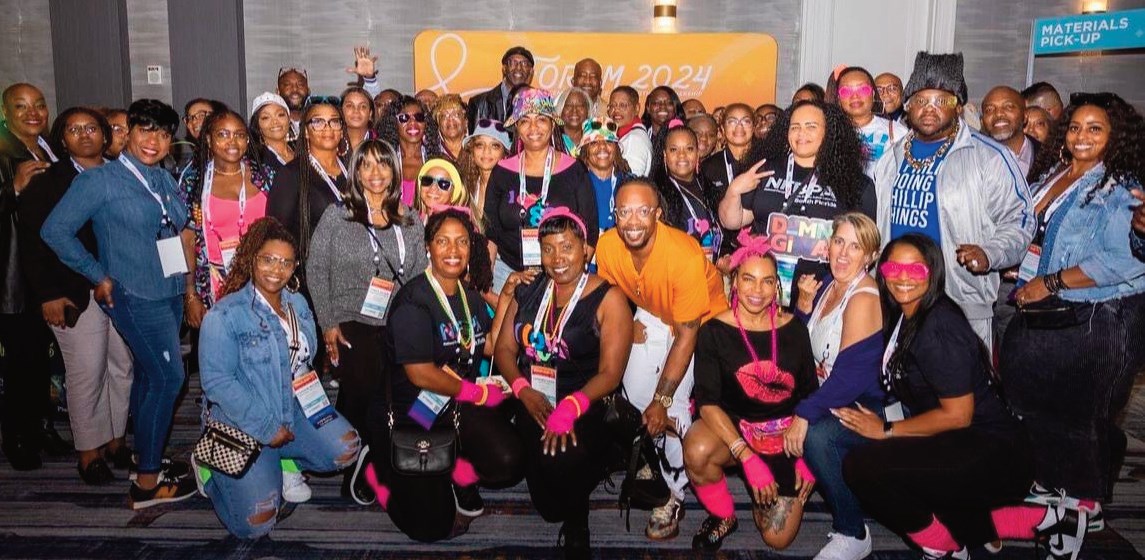
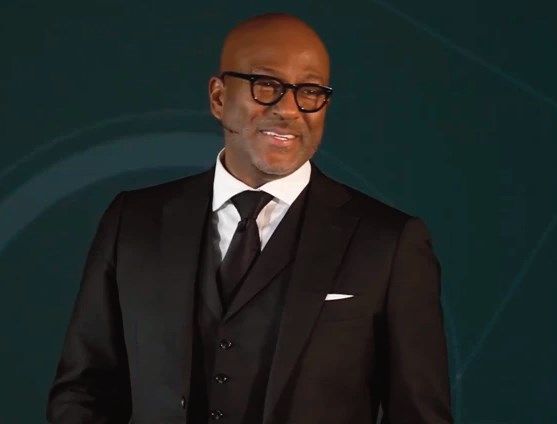
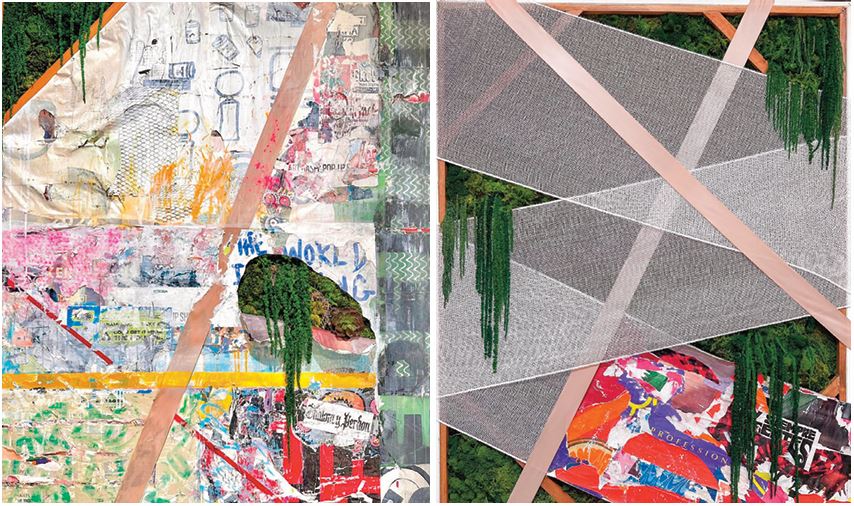

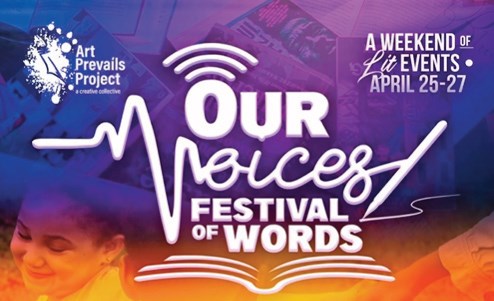
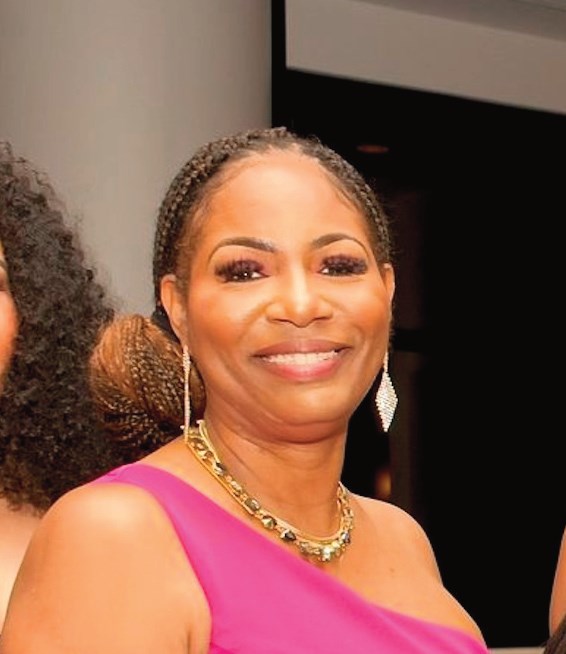
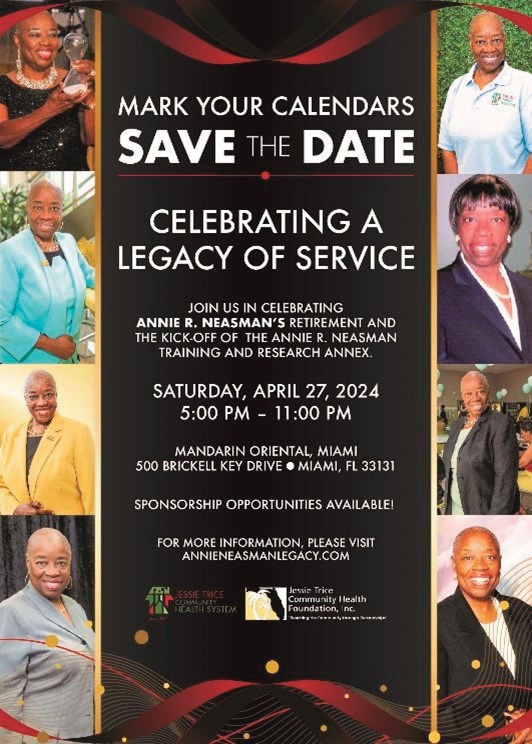
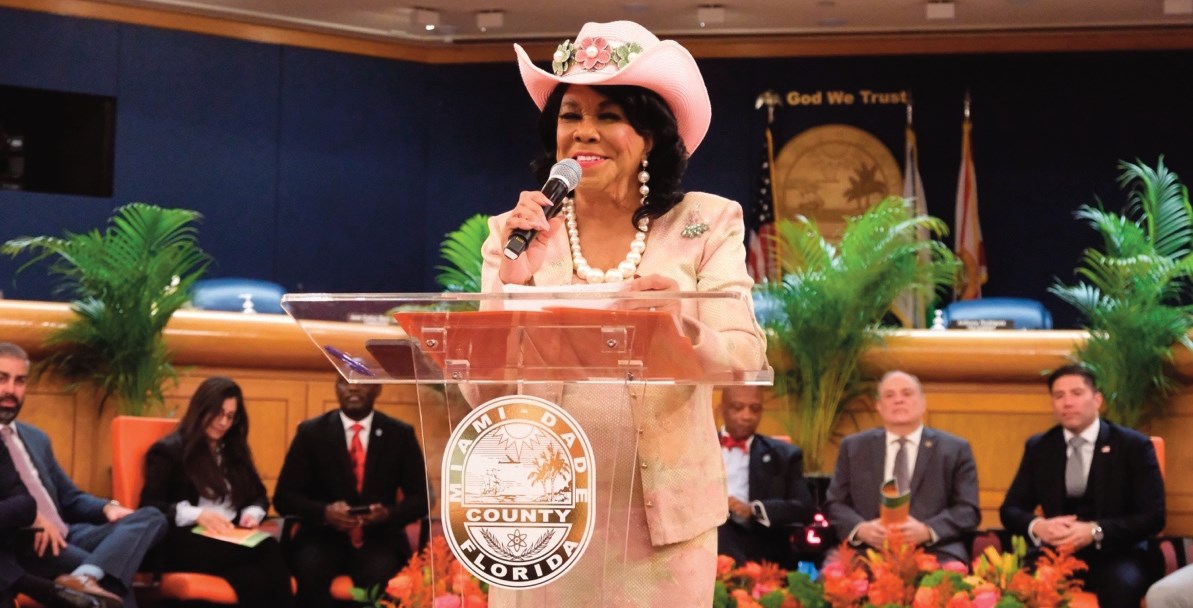

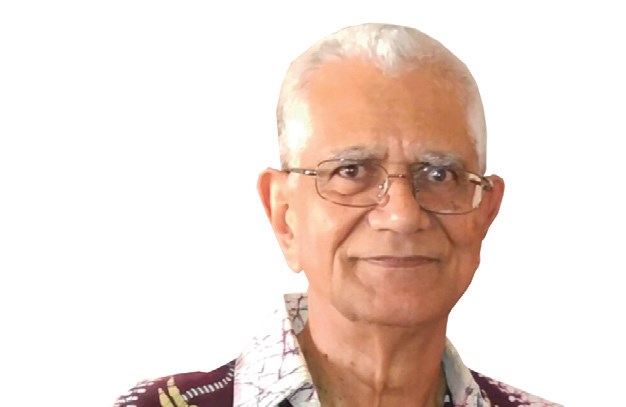
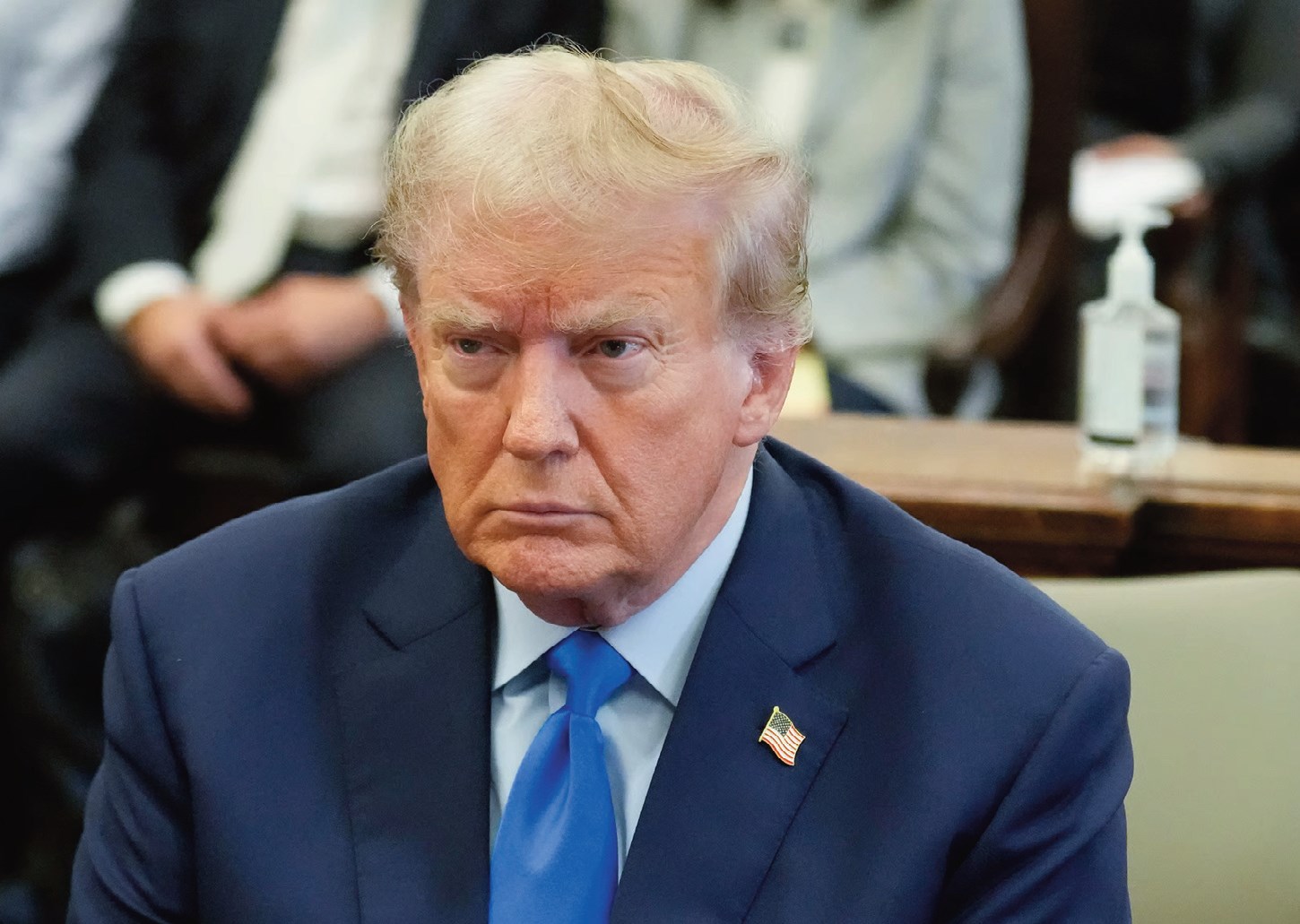
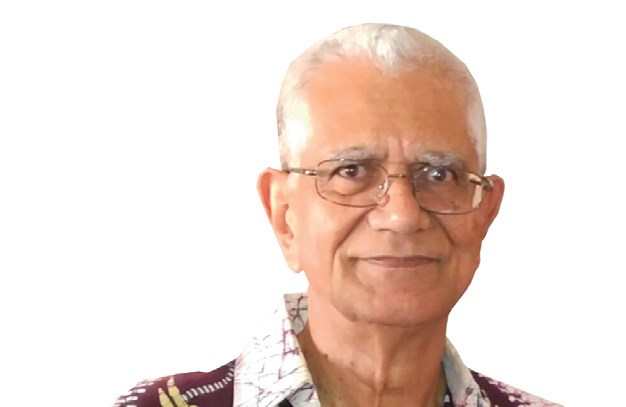
No Comment